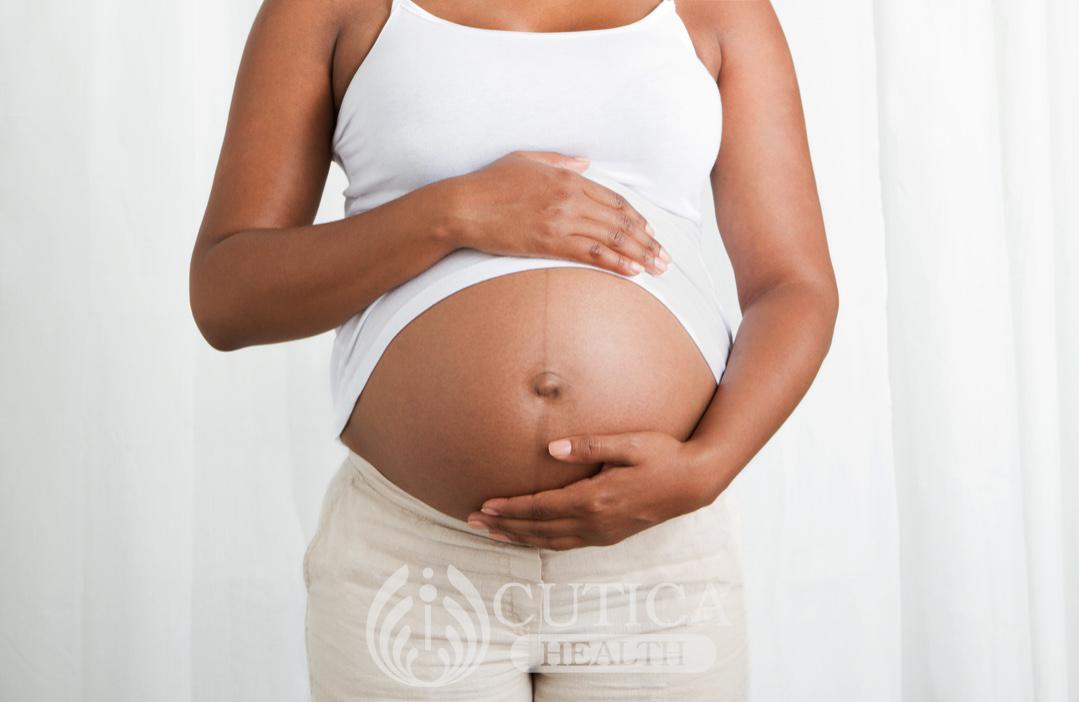
Congratulations, you’re pregnant, and in a couple of months, your newborn will be here to spark that overwhelming joy you could only imagine. However, during pregnancy, it’s normal to find yourself consuming a lot of information — mostly unverified claims — about your health and the health of your baby. But the truth is lots of dos and don’ts that are based on old wives’ tales and folklores. We hall help you sift the facts from the myths to empower you with the right information.

Myth 1: You Can Predict the Sex of the Baby
No, you can’t.
There are lots of blogs and even “health professionals” that tell you that there are some signs that suggest you’re having a boy and others suggesting you’re having a girl. For instance; your friends or old moms might tell you they can tell one is having a girl if one has severe morning sickness or that one might be having a boy if you one has a big appetite during pregnancy, but these statements aren’t true.
Some cultures even suggest that a baby’s sex can be predicted just by looking at the shape of a pregnant woman’s face or belly, or how her wedding ring rotates when she suspends it from a string. As fanciful as these all sound, none of these methods are accurate predictors of a baby’s sex.
If you want to know your baby’s sex, get an ultrasound scan when you’re past 20 weeks to avoid having your baby shower on a hunch or folktale.
Myth 2: Exercise During Pregnancy Will Hurt your Baby
You must have heard people say exercising during pregnancy could harm your baby. Although such statements are borne out of genuine concern for your health and that of your baby, they are unfounded.
In contrast, exercising in pregnancy is good and important for the health and wellbeing of you and your baby. While exercises help to relax your muscles and reduce the sore muscles and joints in pregnancy, it also helps to avoid taking it up a notch.
Doctors recommend up to 20 minutes of moderate-intensity exercise four to five times a week; high-impact exercises such as horseback riding are definitely a no-no.
Myth 3: Sex During Pregnancy Can Hurt Your Baby
No, it can’t.
Sex has no harmful effec t on a healthy pregnancy; if you have a complication-free pregnancy, you can still enjoy as much sex as you want. The baby is well protected within the amniotic sac and the cervix remains closed until labor, so no fear of any complications arising from sex.
People who spread this myth often say pregnancy may increase your risk of preterm labor and miscarriage, but there is no scientific evidence to support this. However, in rare cases, when you are experiencing vaginal bleeding or your water broke early, your doctor may advise against sex.
If you have some pregnancy complications, such as placental problems, check with your doctor before having sex.

Myth 4: Morning Sickness Only Occurs in the Morning
Well, we blame the scientists that named it “morning sickness” but you can experience these symptoms at any time of the day. Pregnant women can experience nausea, vomiting, malaise even throughout the day.
The name “morning sickness” probably came about because having an empty stomach, such as when you wake up in the morning, may aggravate the symptoms. Morning sickness usually starts by the fourth week of pregnancy and resolves by the 16th week.
Myth 5: Eating some foods could cause allergies in the newborn
Allergies are not transmitted through the womb.
Pregnant women can eat all the foods people associate with allergies, such as nuts and milk, as long as they aren’t allergic to them themselves. Your baby will definitely not get allergies from the food you eat. However, you may need to avoid other foods for different reasons. For instance, avoid shark, king mackerel, and swordfish for their high mercury content, which is toxic for both the pregnant parent and the growing fetus.

Pregnancy can be exhausting and fun at the same time. While you surf the internet for lots of information about your pregnancy and your growing baby, ensure that you sift the myths from the facts and take away the right information. Not only will myths mislead you, but they may also make you make wrong decisions for yourself and your unborn child.












